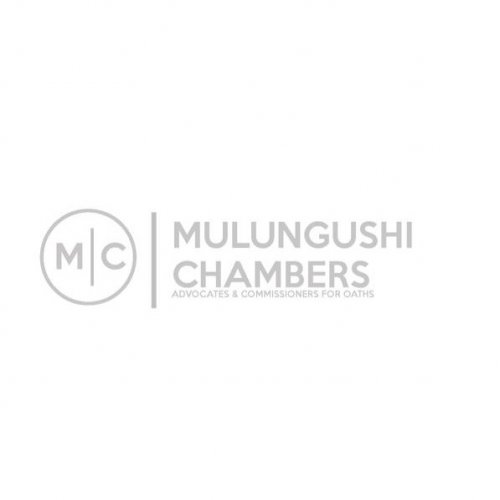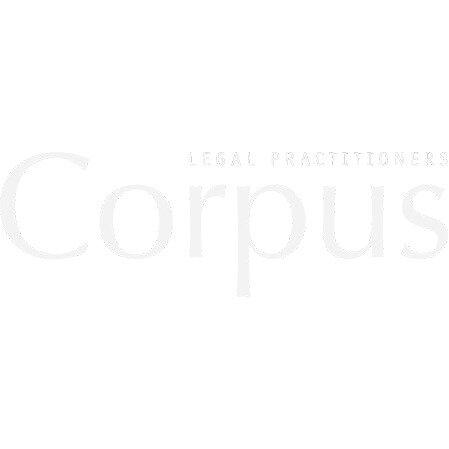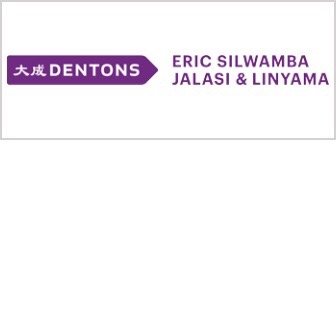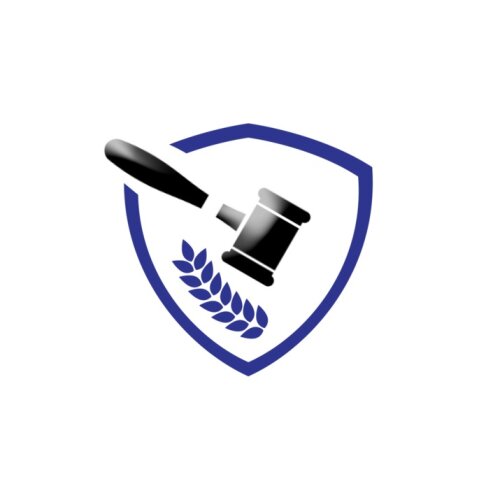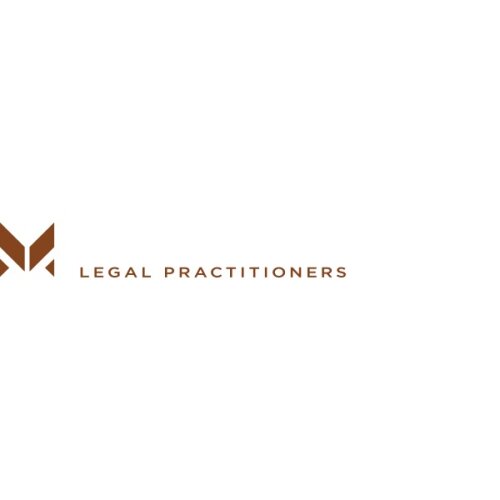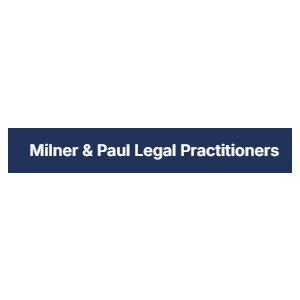Best Sanctions & Export Controls Lawyers in Lusaka
Share your needs with us, get contacted by law firms.
Free. Takes 2 min.
List of the best lawyers in Lusaka, Zambia
About Sanctions & Export Controls Law in Lusaka, Zambia
Sanctions and export controls law in Lusaka, Zambia refers to the system of rules and regulations that govern the movement of goods, technology, services, and funds across the country's borders. These laws are designed to ensure compliance with Zambia's international obligations, promote national security, prevent illicit activities such as money laundering and terrorism financing, and protect the integrity of Zambian trade. In some cases, Zambia also implements United Nations and other international sanctions. Businesses and individuals dealing with international trade or financial transactions must be aware of these rules to avoid legal risks and penalties.
Why You May Need a Lawyer
Legal assistance is often essential in the complex field of sanctions and export controls, especially due to the potentially severe repercussions of non-compliance. Common situations where professional legal help is advisable include:
- Exporting or importing goods to or from sanctioned countries or parties
- Navigating changes to existing international sanctions regimes
- Reviewing contracts with foreign suppliers or customers to ensure compliance with local and international restrictions
- Responding to government investigations or enforcement actions regarding alleged violations
- Implementing compliance programs for businesses involved in import-export activities
- Advising on the legality of financial transactions involving foreign entities
- Applying for export licenses or seeking clarifications from regulatory authorities
Given the technical and ever-evolving nature of these laws, working with a knowledgeable lawyer can help you avoid costly mistakes and ensure your business or personal activities are above board.
Local Laws Overview
In Lusaka, Zambia, the primary legal instruments governing sanctions and export controls include:
- Control of Goods Act: Sets the framework for licensing and regulating the import and export of certain goods, including strategic items and those subject to international controls.
- Zambia Revenue Authority (ZRA) Regulations: The ZRA enforces customs, trade, and taxation rules, which are closely related to export controls.
- Anti-Money Laundering and Counter-Terrorist Financing Laws: These laws prohibit certain financial transactions with sanctioned entities or individuals and require reporting of suspicious activities.
- UN Sanctions Implementation: Zambia, as a United Nations member state, is bound by United Nations Security Council resolutions, including sanctions regimes targeting specific countries, individuals, or goods.
Sanctions and export controls can cover a wide range of activities and items, from luxury goods and dual-use technology to financial transactions and services. The law may change in response to developments in global and regional politics, making it crucial for involved parties to stay updated.
Frequently Asked Questions
What are sanctions and how do they affect businesses in Zambia?
Sanctions are legal measures restricting or banning trade and financial transactions with specific countries, individuals, or entities. For Zambian businesses, this can mean prohibitions on exporting or importing certain goods, freezing assets, or restrictions on cooperating with targeted persons or organizations.
What is the difference between sanctions and export controls?
Sanctions are usually politically motivated restrictions targeting countries, groups, or individuals for reasons like security or human rights concerns. Export controls are broader regulations aimed at supervising what goods, technologies, or services can cross a country's borders, typically to protect security or fulfill international commitments.
Who enforces sanctions and export control laws in Lusaka?
The Zambia Revenue Authority, Ministry of Commerce, Trade and Industry, Bank of Zambia, and law enforcement bodies are responsible for enforcing these laws. Different aspects are overseen by different agencies based on the nature of goods, services, or transactions.
Are there penalties for violating sanctions or export controls laws in Zambia?
Yes, violations can result in severe penalties, including fines, forfeiture of goods, license revocations, and imprisonment. The exact sanctions depend on the nature and severity of the offense.
What should I do if I inadvertently dealt with a sanctioned entity?
You should immediately seek legal advice to assess your situation and determine the best course of action, including potential voluntary disclosure to authorities, if applicable.
How do I find out if a person or entity is subject to sanctions?
You can check official lists published by the United Nations and Zambian government bodies, or consult with a legal professional or compliance specialist who keeps updated sanction and restricted party lists.
Do I need a license to export goods from Zambia?
Depending on the type of goods and destination country, you may require an export license from the Ministry of Commerce, Trade and Industry. Certain goods like minerals, wildlife products, and technology have additional requirements.
Can financial institutions refuse to process payments related to sanctioned parties?
Yes, banks and other financial institutions are obliged by law to refuse processing transactions that would contravene sanctions or export control regulations. They may also report such attempts to the authorities.
Are there any recent changes to export controls in Zambia I should be aware of?
The government regularly updates the list of controlled goods and restricted destinations, especially in line with international resolutions. It is essential to review current regulations or seek legal guidance to ensure ongoing compliance.
How can my business establish an effective compliance program?
Start by conducting a risk assessment, training staff, establishing procedures for screening transactions and partners, maintaining up-to-date records, and consulting with a legal expert for tailored advice and support.
Additional Resources
If you are seeking further information or need official guidance on sanctions and export controls in Lusaka, Zambia, the following resources may be helpful:
- Zambia Revenue Authority (ZRA) - For customs and trade regulations
- Ministry of Commerce, Trade and Industry - For export licenses and business registration
- Bank of Zambia - For rules on financial transactions and monetary policy
- Drug Enforcement Commission - For anti-money laundering compliance
- Zambia Police Service - For reporting economic crimes
- Zambia Association of Manufacturers - For support and updates on industry compliance
- Legal Aid Board - For those requiring legal assistance
These entities can provide forms, guidelines, or connect you to qualified professionals for more detailed help.
Next Steps
If you believe you need legal assistance with sanctions and export controls issues in Lusaka, Zambia, consider the following steps:
- Identify your specific situation or legal need, such as pending export, potential violation, or business expansion plans
- Gather relevant documents including contracts, correspondence, compliance policies, and any notices from regulatory authorities
- Contact a lawyer or compliance specialist with experience in sanctions and export controls
- Schedule a consultation to discuss your case and determine the possible solutions or actions required
- Stay updated with legal changes by subscribing to alerts from regulatory bodies or professional associations
Taking informed and timely action can help mitigate risks, avoid penalties, and support the ongoing success of your trade or business activities.
Lawzana helps you find the best lawyers and law firms in Lusaka through a curated and pre-screened list of qualified legal professionals. Our platform offers rankings and detailed profiles of attorneys and law firms, allowing you to compare based on practice areas, including Sanctions & Export Controls, experience, and client feedback.
Each profile includes a description of the firm's areas of practice, client reviews, team members and partners, year of establishment, spoken languages, office locations, contact information, social media presence, and any published articles or resources. Most firms on our platform speak English and are experienced in both local and international legal matters.
Get a quote from top-rated law firms in Lusaka, Zambia — quickly, securely, and without unnecessary hassle.
Disclaimer:
The information provided on this page is for general informational purposes only and does not constitute legal advice. While we strive to ensure the accuracy and relevance of the content, legal information may change over time, and interpretations of the law can vary. You should always consult with a qualified legal professional for advice specific to your situation.
We disclaim all liability for actions taken or not taken based on the content of this page. If you believe any information is incorrect or outdated, please contact us, and we will review and update it where appropriate.



